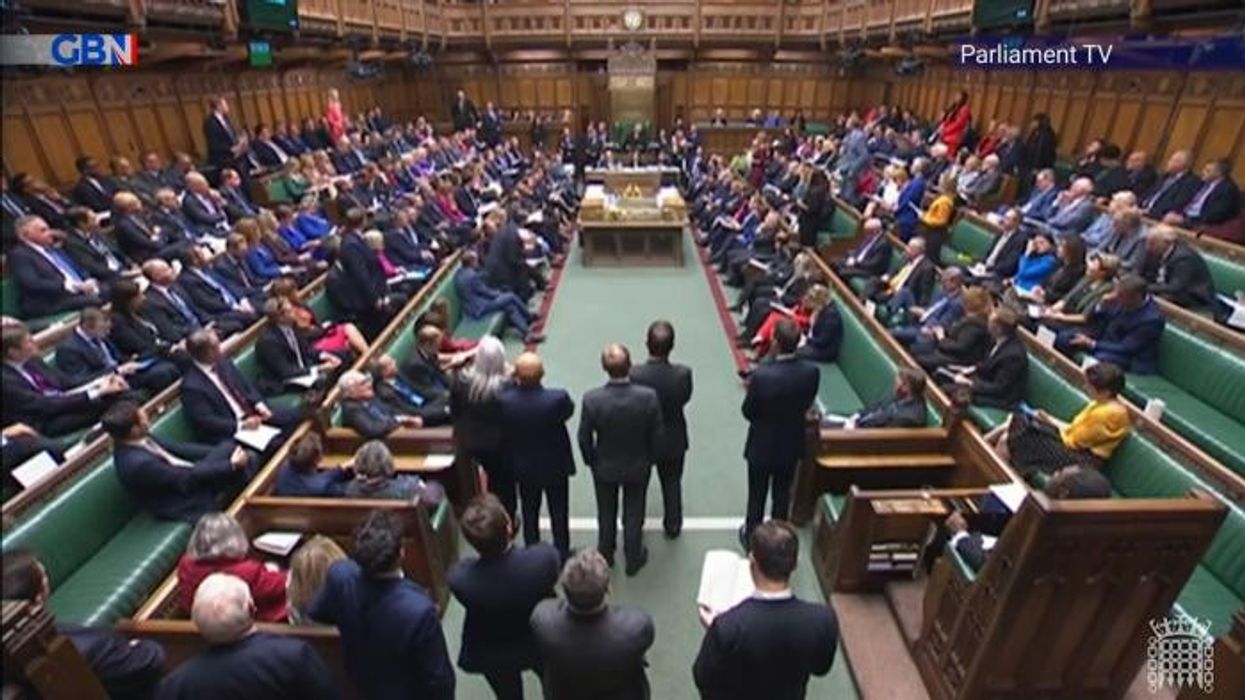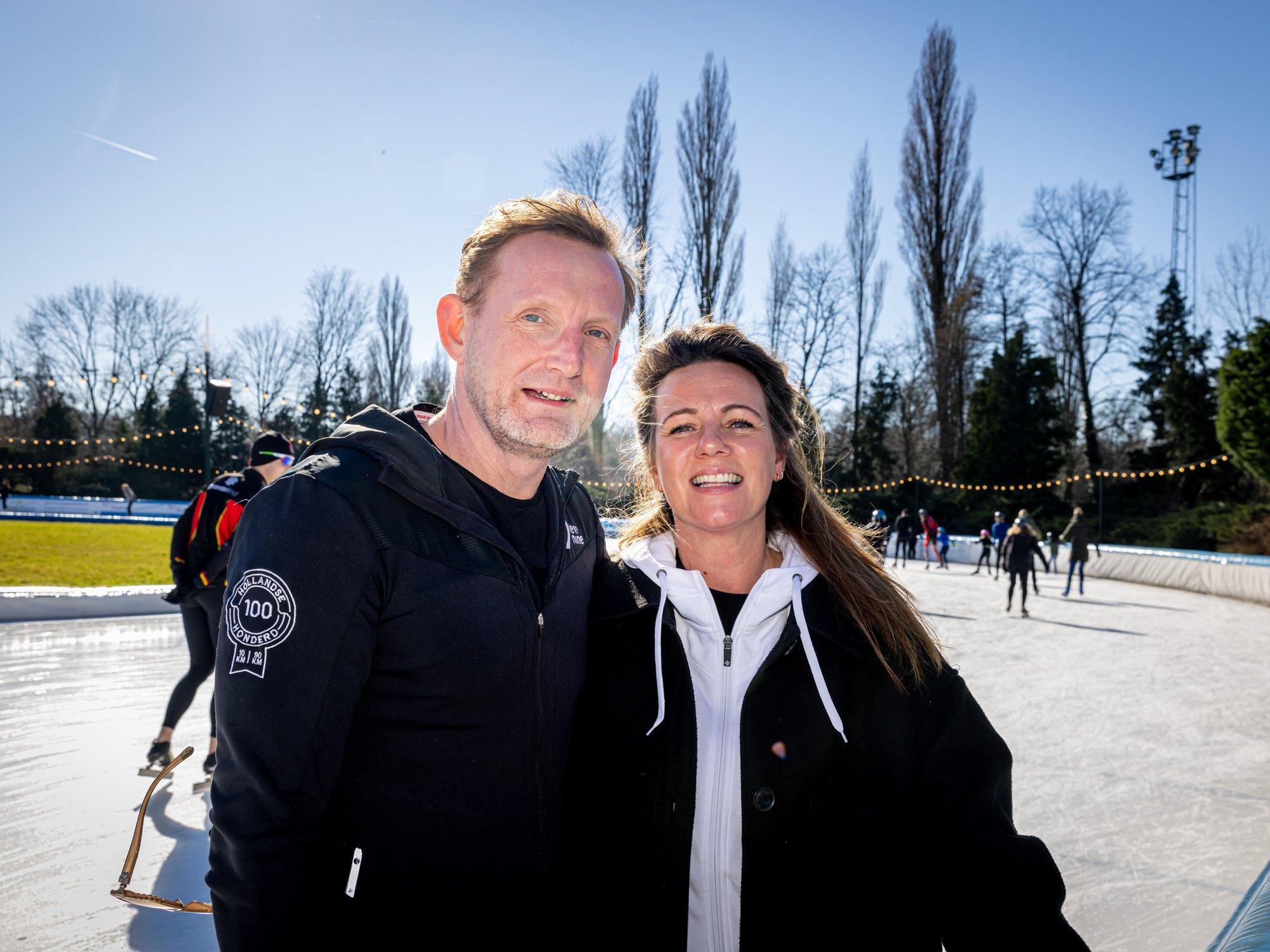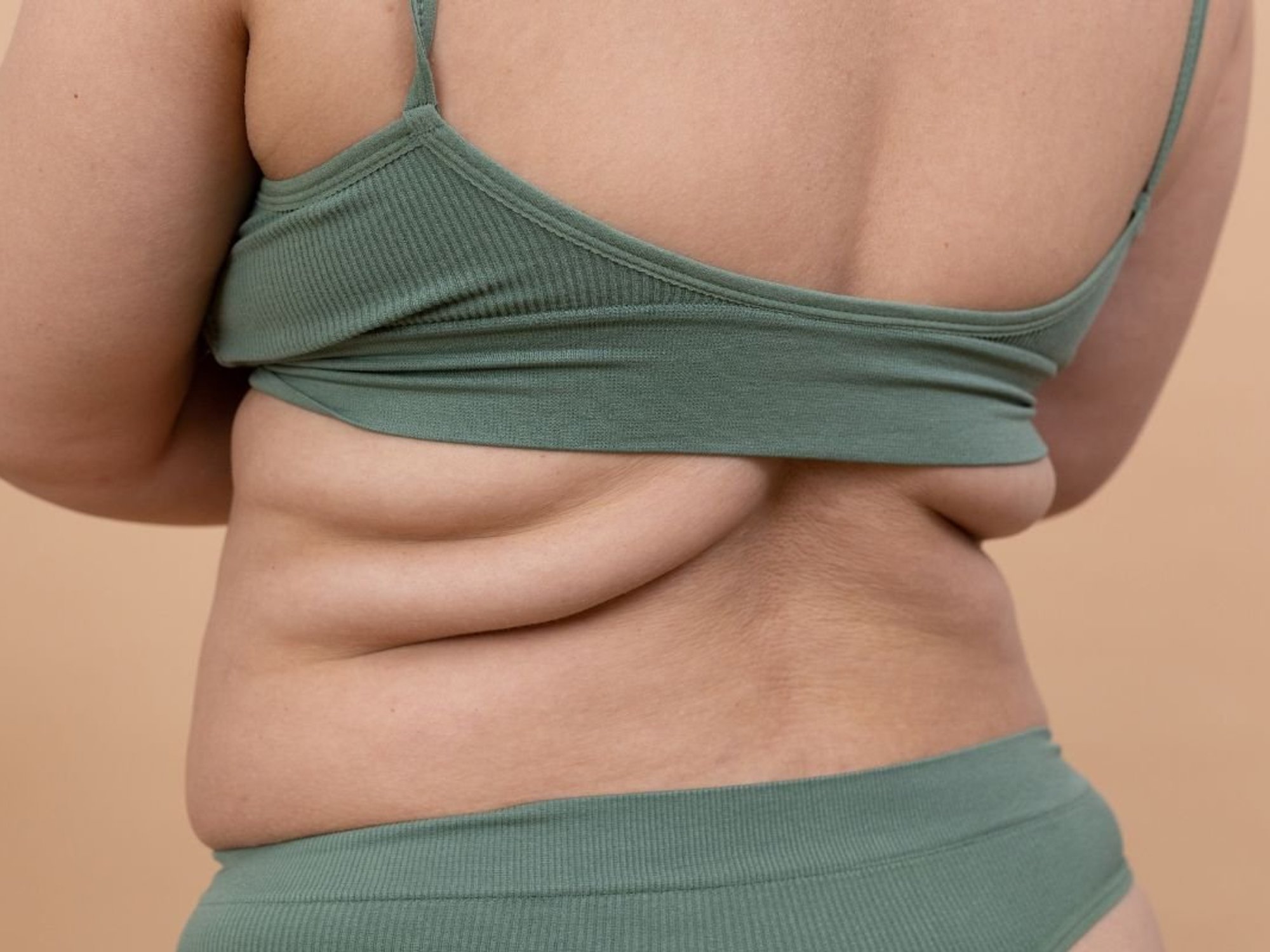BMW to launch hydrogen car in 2028 and promises 'exceptionally efficient high-performance drive'

Construction of new production equipment for this power control unit will begin in less than a year
Don't Miss
Most Read
One of the most popular car brands in the world is set to introduce its third-generation hydrogen fuel cell system, in a major milestone for the manufacturer.
BMW will begin development at its Austrian Steyr facility in 2028, with the brand currently constructing initial prototypes of the advanced fuel cell technology.
The Steyr plant is undergoing modifications with new testing facilities and production equipment being installed to accommodate the innovative drive technology.
Additional components for the hydrogen vehicles will be manufactured at BMW's Landshut facility in Germany.
Do you have a story you'd like to share? Get in touch by emailing motoring@gbnews.uk
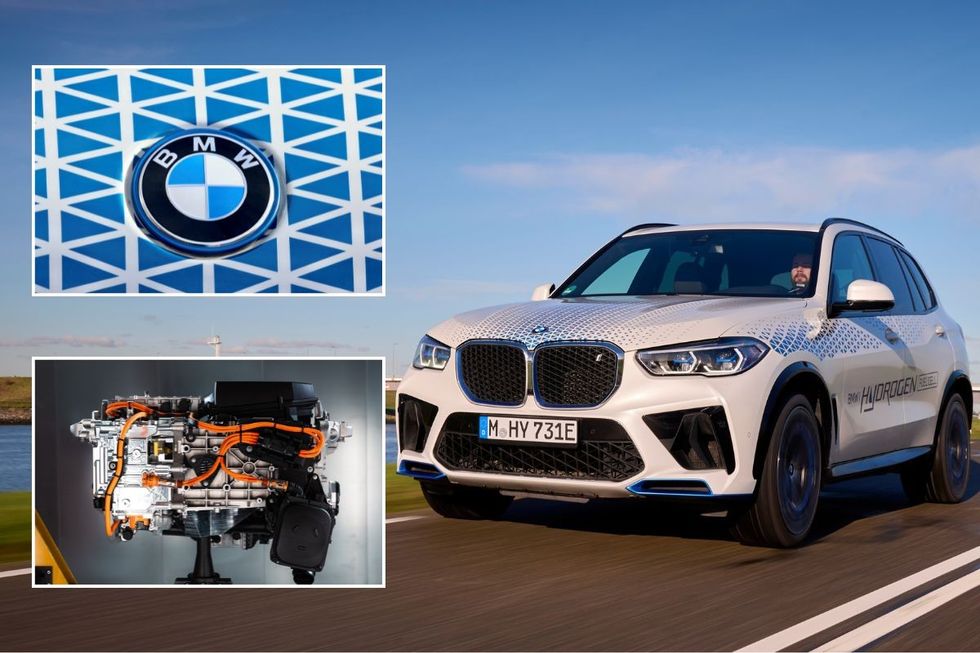
BMW is moving forward with its development of a new hydrogen fuel cell engine for road cars
|BMW
Joachim Post, BMW AG Development Board Member, said: "The launch of the first-ever fuel cell production model from BMW in 2028 will add another exceptionally efficient high-performance drive system with zero emissions to our technology-open product portfolio."
The jointly-developed powertrain system with Toyota represents a major technological advancement, achieving approximately 25 per cent space reduction through significantly increased power density.
This collaboration allows both manufacturers to benefit from shared development and procurement efficiencies whilst maintaining distinct brand-specific models.
The enhanced efficiency will deliver greater range and power output whilst reducing energy consumption, marking a substantial advancement over the second-generation system.
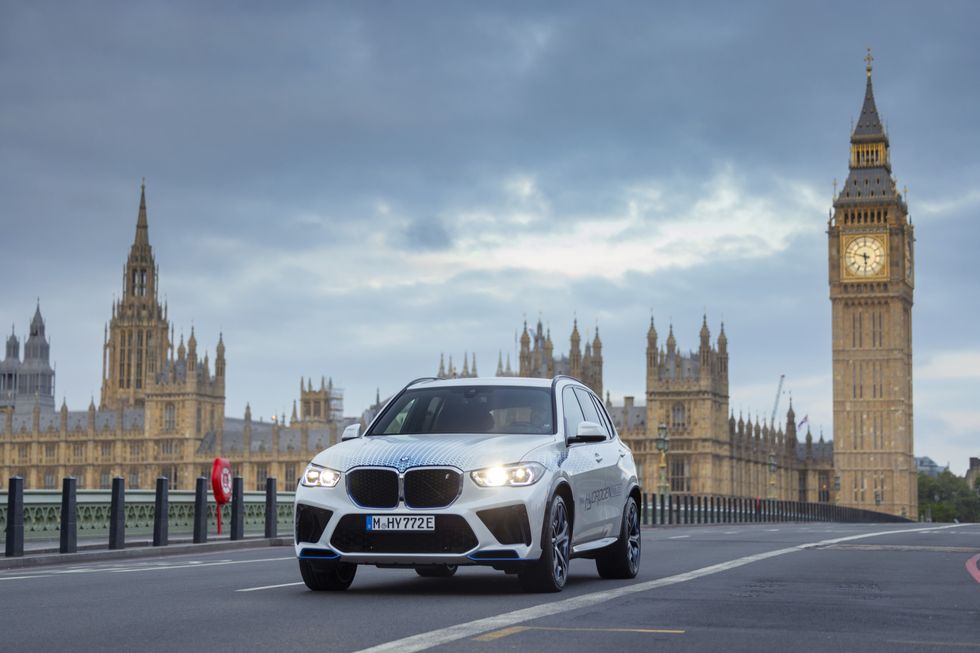 BMW ix5 Hydrogen vehicle driving in London during testing | BMW
BMW ix5 Hydrogen vehicle driving in London during testing | BMWThe compact design enables smooth incorporation into upcoming vehicle platforms, supporting BMW's multi-technology strategy that offers customers various powertrain options.
The fuel cell technology will complement BMW's existing portfolio of electric motors and combustion engines manufactured at the Austrian plant.
BMW's hydrogen journey began in 2014 when the company fitted Toyota-supplied fuel cells into the 535iA model, before evolving significantly with the second-generation system powering the current iX5 Hydrogen pilot vehicles, where BMW developed the complete fuel cell system whilst sourcing individual cells from Toyota.
This progression has led to the third-generation breakthrough, representing a fundamental shift in the partnership structure.
LATEST DEVELOPMENTS:
- Jaguar Land Rover tells staff to stay at home until next week as fallout from cyber attack rages on
- Labour delays launch of new parking rules with 'every driver who has been issued a fine' urged to act
- Petrol and diesel drivers boycott Low Emission Zones as thousands refuse to pay into 'kamikaze' scheme
Post added: "The choice of Steyr as the production location clearly demonstrates our commitment to a European innovation footprint."
Rather than supplier relationships, BMW and Toyota now collaborate as joint developers of the powertrain technology, creating synergies for both passenger and commercial vehicle applications.
The hydrogen fuel cell operates through an electrochemical process where hydrogen from storage tanks combines with atmospheric oxygen, generating electricity to power the vehicle's electric motor.
The compact configuration maintains BMW's renowned performance and safety standards across the entire drivetrain. These preparatory measures prove essential for transitioning the fuel cell technology from development to full-scale series production scheduled for 2028.
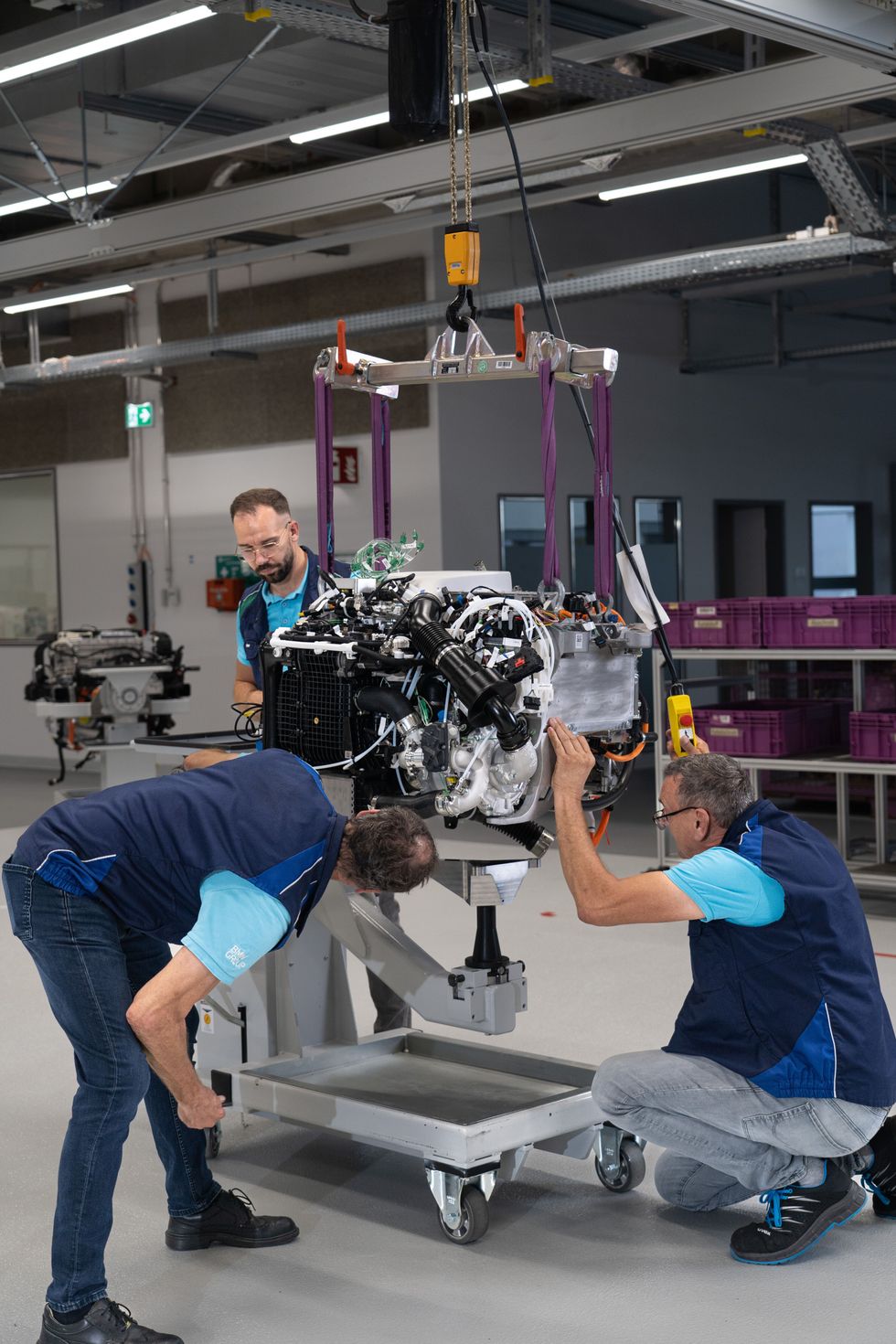
BMW said the hydrogen fuel cell engines would begin production in 2028
|BMW
BMW's Landshut plant will play a crucial role in the fuel cell programme, manufacturing essential components including the hydrogen-specific BMW Energy Master.
Construction of new production equipment for this power control unit will begin in late May 2026, with prototype manufacturing commencing at the nearby Dingolfing facility in mid-2026.
Klaus von Moltke, Senior Vice President Engine Production at BMW AG and Director of BMW Group Plant Steyr, added: "We are proud to be producing another innovative drive technology at Plant Steyr in future alongside the latest generation of electric motors and combustion engines.
"This, together with the development expertise we have available on-site, makes our plant a prime example of the BMW Group’s technology-open approach."


